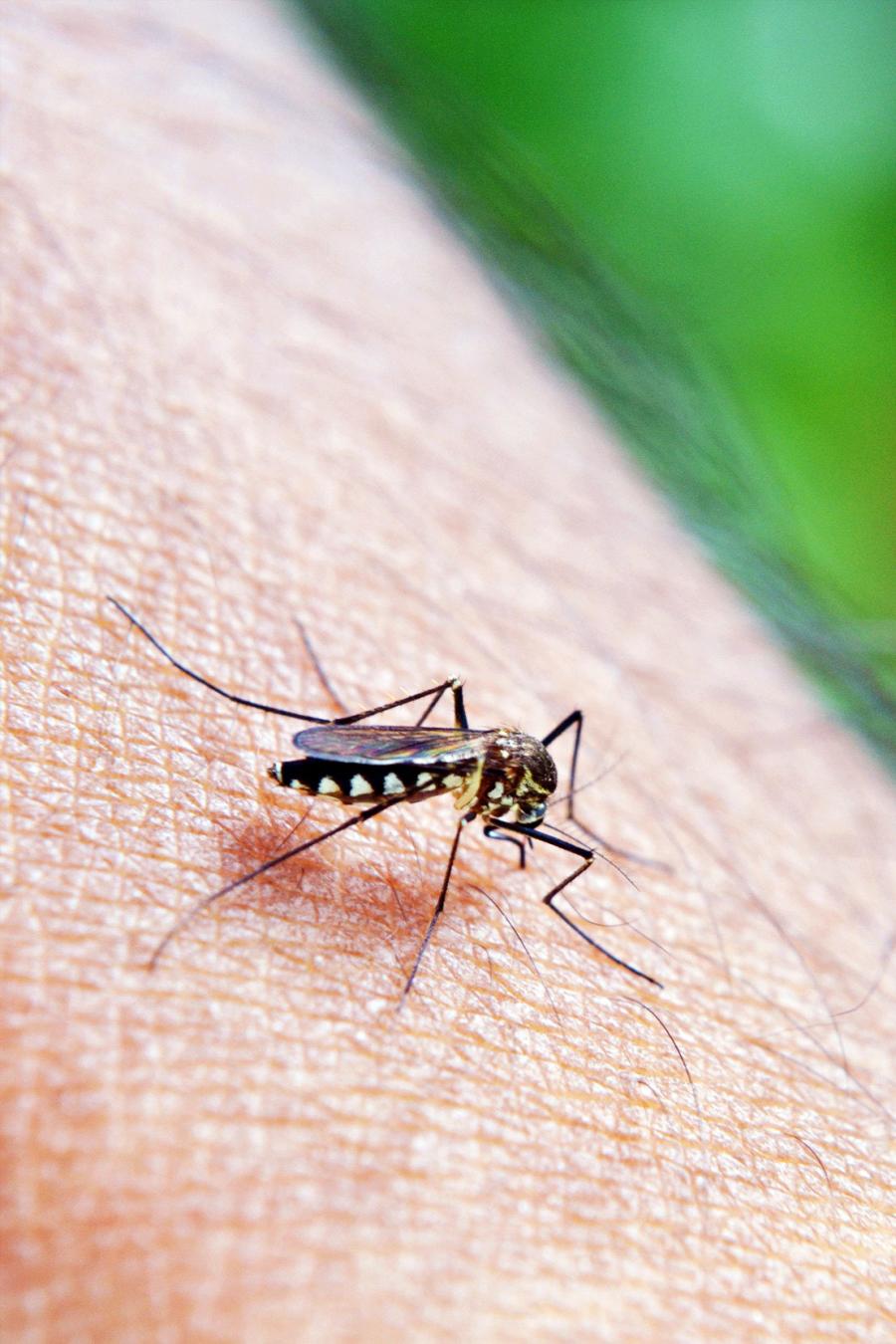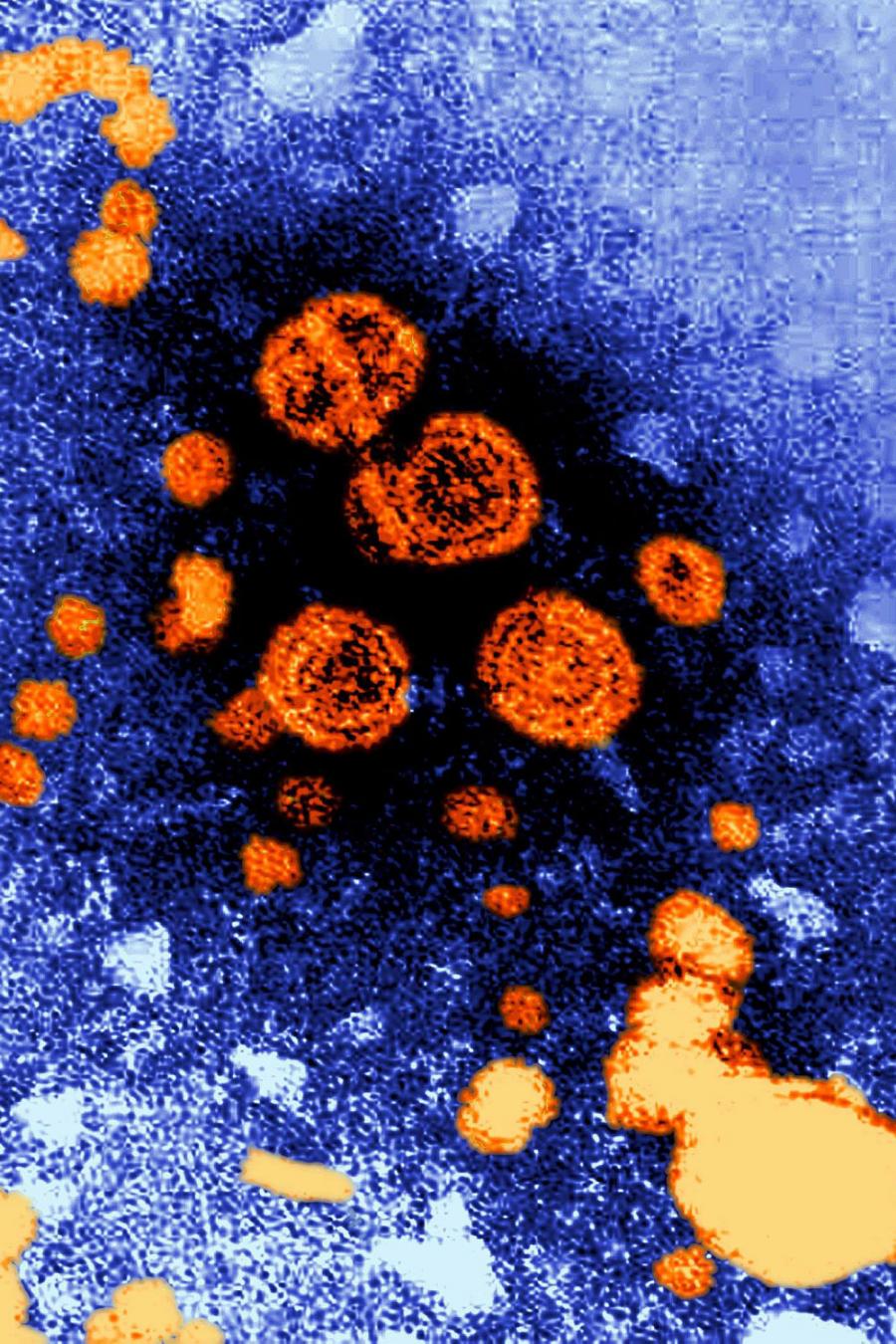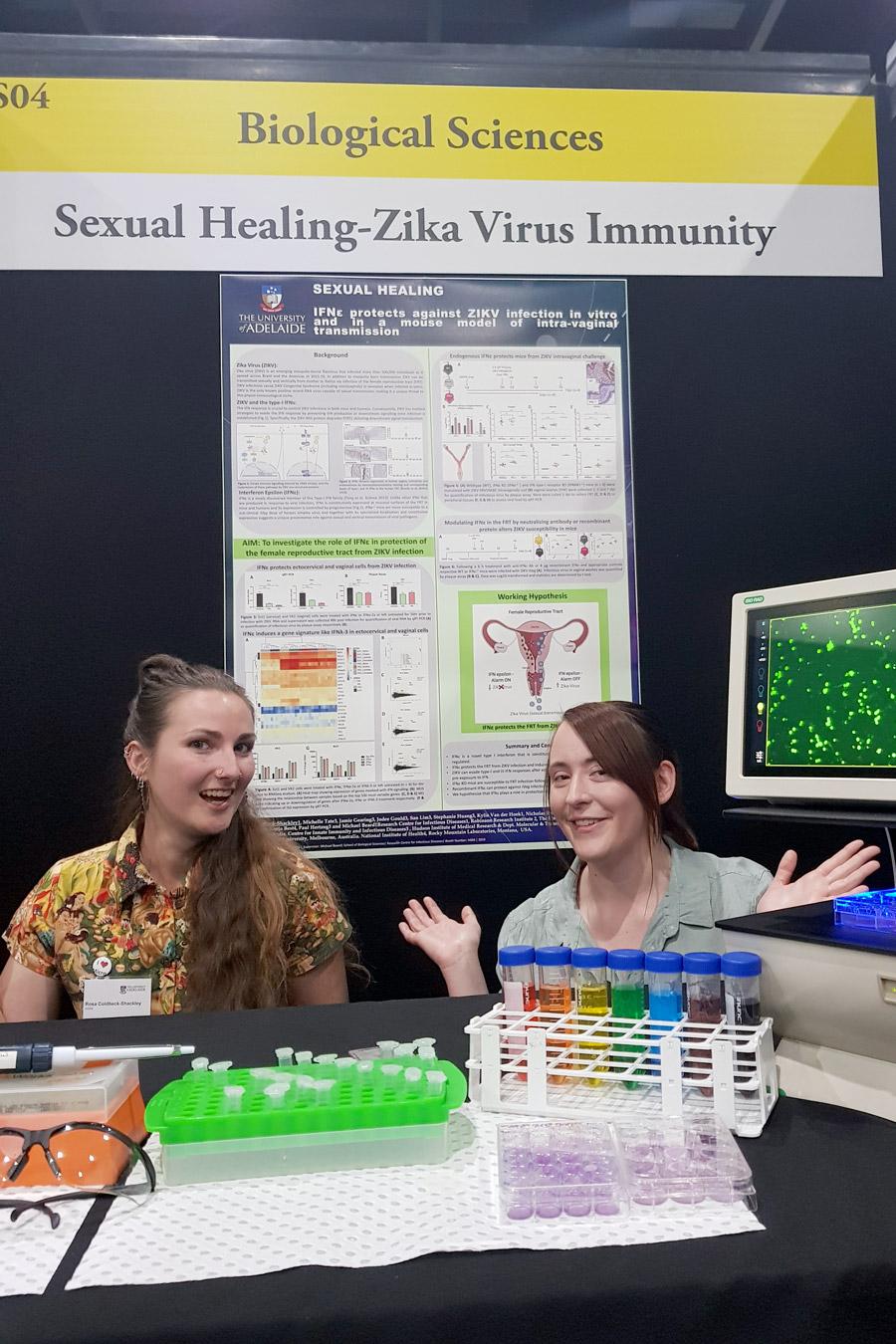Industry & Engagement
The Research Centre for Infectious Diseases has strong partnerships with industry which catalyse the commercialisation of its research outcomes through novel products to treat and prevent infectious diseases.
The following are examples of our industry partnerships and engagement activities.
Deadly disease to be hit by single vaccine
Researchers Mohammed Alsharifi and James Paton are developing vaccines against the world’s most lethal viral and bacterial respiratory pathogens - influenza virus and Streptococcus pneumoniae.
This is facilitated through long-standing research partnerships with Gamma Vaccines Pty Ltd and GPN Vaccines Pty Ltd.
This work has been funded by ARC Linkage and NHMRC Development Grants, with substantial additional support from The SA Government’s TechInSA Early Commercialisation Fund. Significant co-support has also been provided from the industry partners.
The vaccines, based on gamma-irradiated virus particles and genetically engineered bacterial cells, are at advanced stages of pre-clinical development.
Unlike currently licensed flu and pneumococcal vaccines, they have the capacity to provide broad-based protection against influenza and pneumococcal disease, regardless of strain serotype.
New cures for malaria
RCID's Danny Wilson is working with local and national research groups with support from the NHMRC and International non-government organisations to develop new drug cures for malaria, a disease that kills >400,000 people a year.
In partnership with Associate Professor Ryan O’Handley, Neoculi Pty Ltd and local Industry partners, Dr Wilson is developing new drug chemotypes to target parasites of livestock which remain a major contributor to lost production.
Targeting DNA in living cells
Nicholas Eyre and Promega Corporation from Madison, Wisconsin, USA collaborated on a proof-of-concept study to develop a novel, sensitive luminescence-based assay of the interactions of proteins with DNA in living cells.
The project, based on Promega’s extremely bright ‘Nanoluc’ luciferase enzyme and associated ‘NanoBRET’ technology, developed approaches to measure the interaction of reporter-tagged DNA binding proteins (e.g. transcription factors) with target DNA in living cells for use in high-throughput screens and infectious disease drug development.
Research that's going viral
Michael Beard from the Viral Pathogenesis Research Laboratory engages in with a number of industry partners in the form of contract research.
He’s working with Springbank Pharmaceuticals to characterise a novel innate immune agonist and how this impacts hepatitis B virus replication and the cellular response using in vitro model systems and analysis of clinical trial samples.
Professor Beard is also has been collaborating with Morningside Technology Advisory to investigate the efficacy of novel antiviral peptides to inhibit the lifecycle of a broad range of viral infections.
Sexual healing - Zika virus immunity
Zika virus is a recently re-emerging virus that has spread to 87 countries around the globe after causing a major outbreak in the Americas in 2015/16.
Zika is mainly transmitted by mosquitoes but also can be spread sexually and vertically (from infected mother to foetus during pregnancy). Controlling the spread of Zika is important to protect against disease associated risks, such as neurological impairment or birth defects in foetuses born to Zika infected mothers.
Rosa Coldbeck-Shackley's PhD research aims to investigate how our immune response protects against the sexual transmission of Zika virus, and how Zika can escape our immunity to cause disease.
By understanding how the body protects itself against Zika and which viral factors contribute to immune escape we hope to find ways to improve our immunity against Zika and prevent its sexual transmission during future outbreaks.
Rosa (pictured left) and Emily Kirby showcased this research Ingenuity 2019 to more than 5,000 attendees including industry members, school students and the community,





